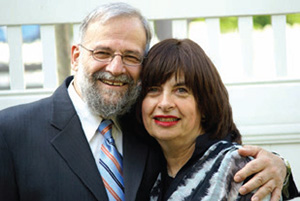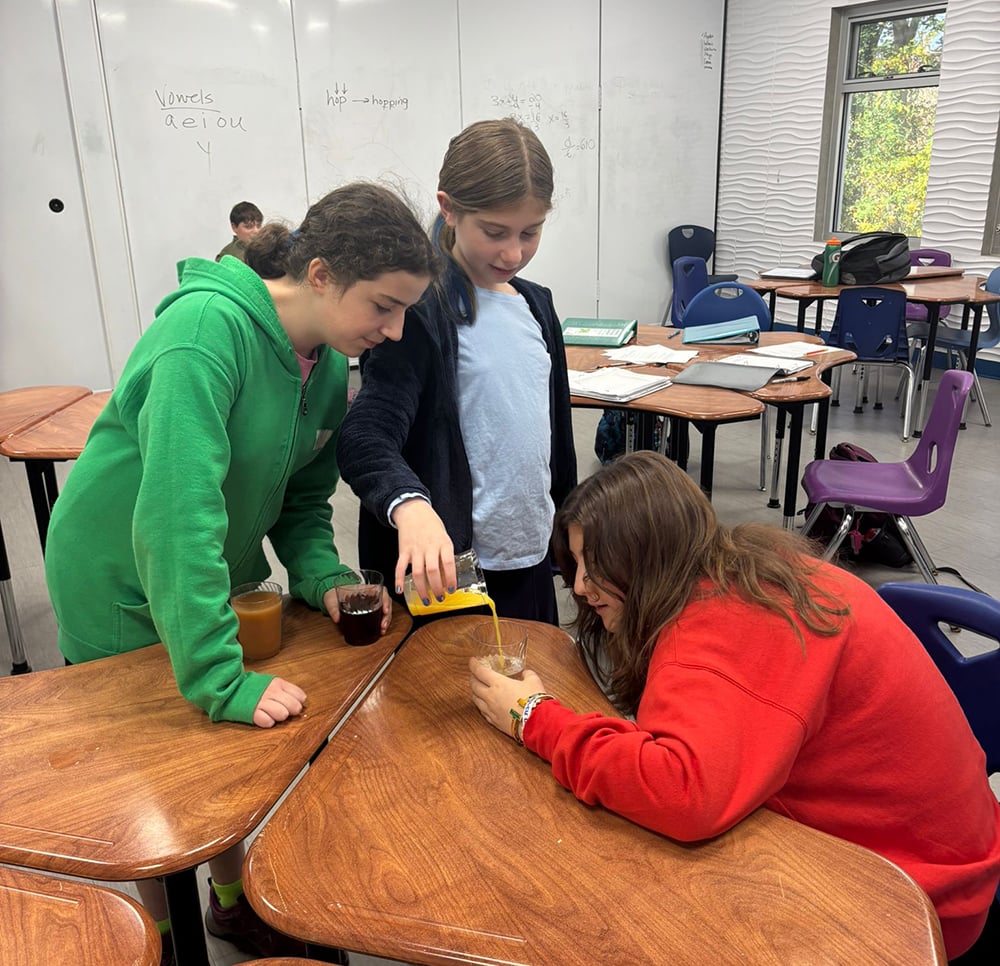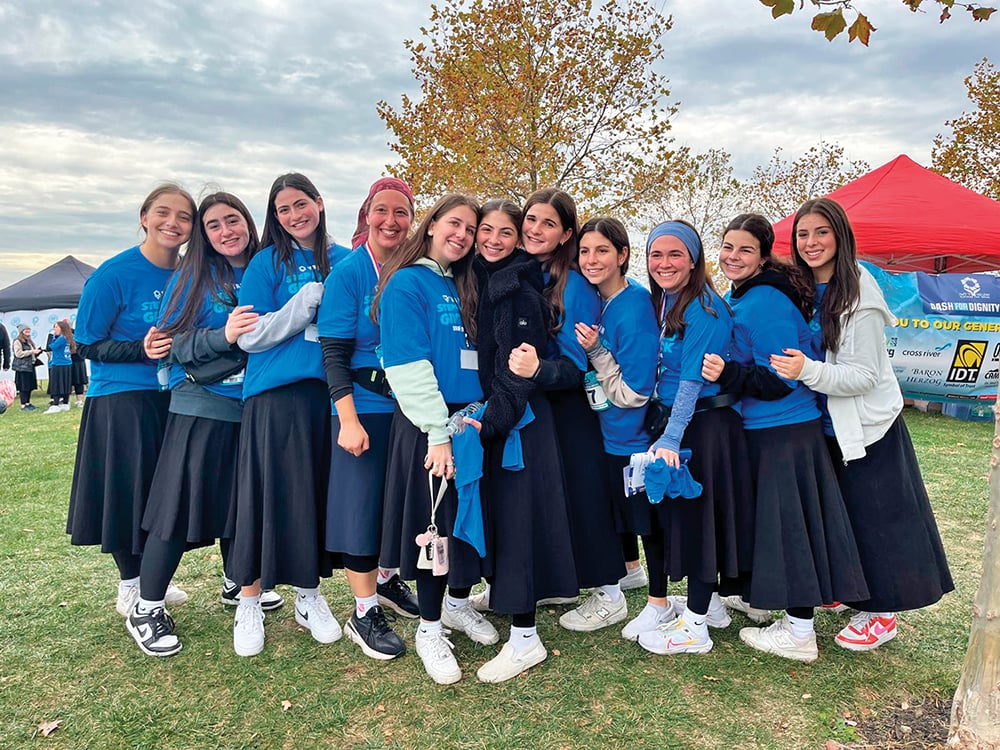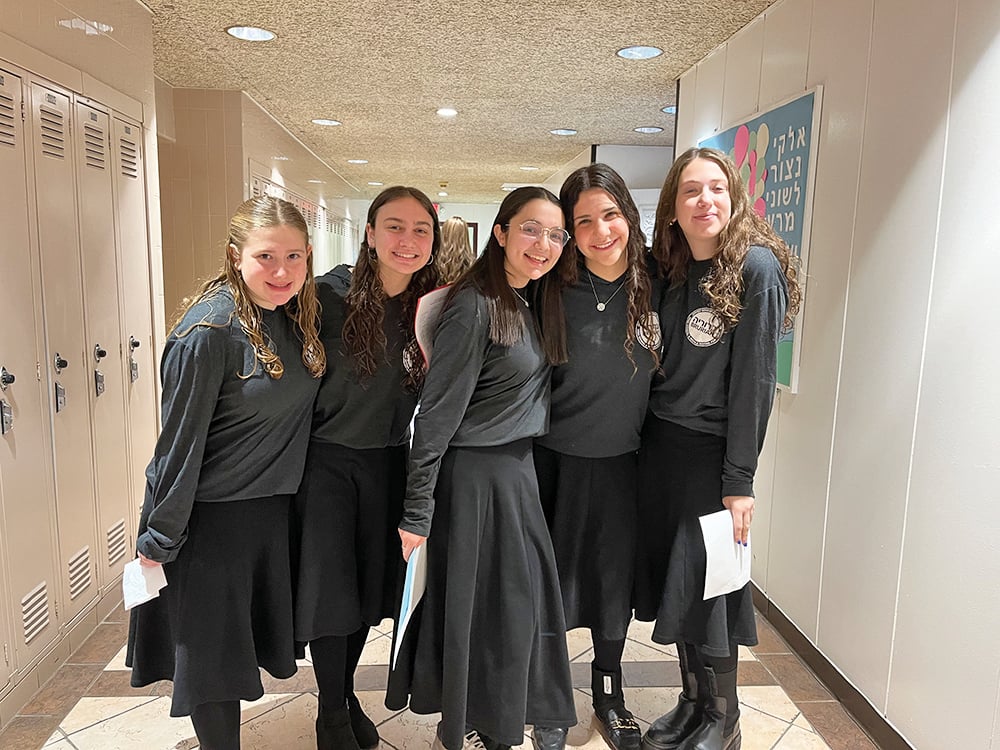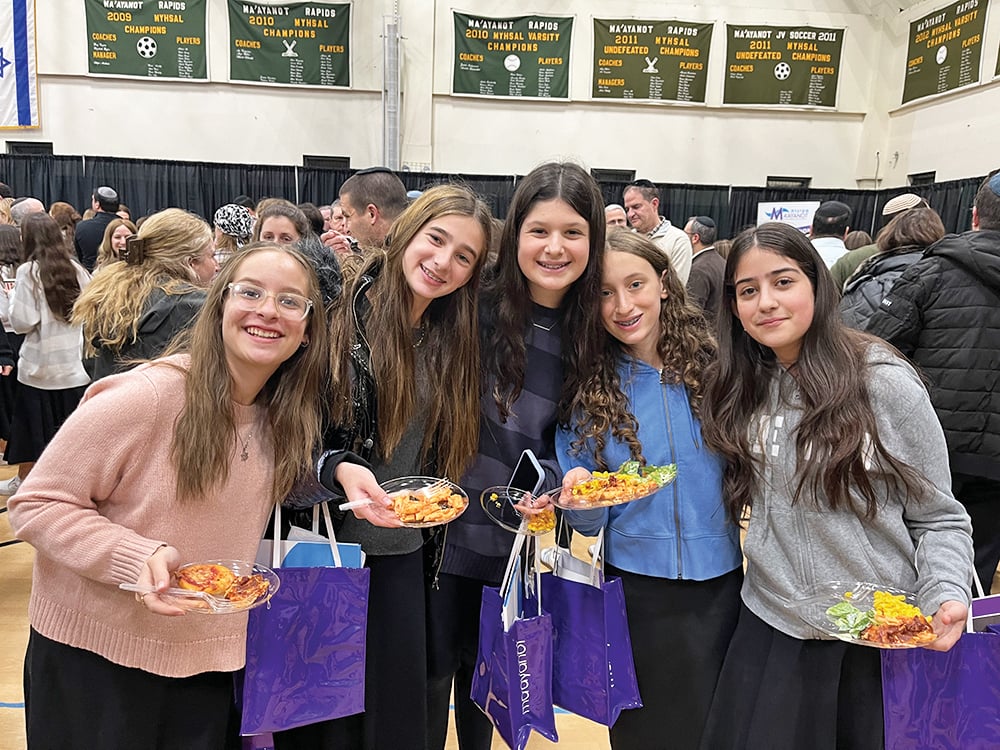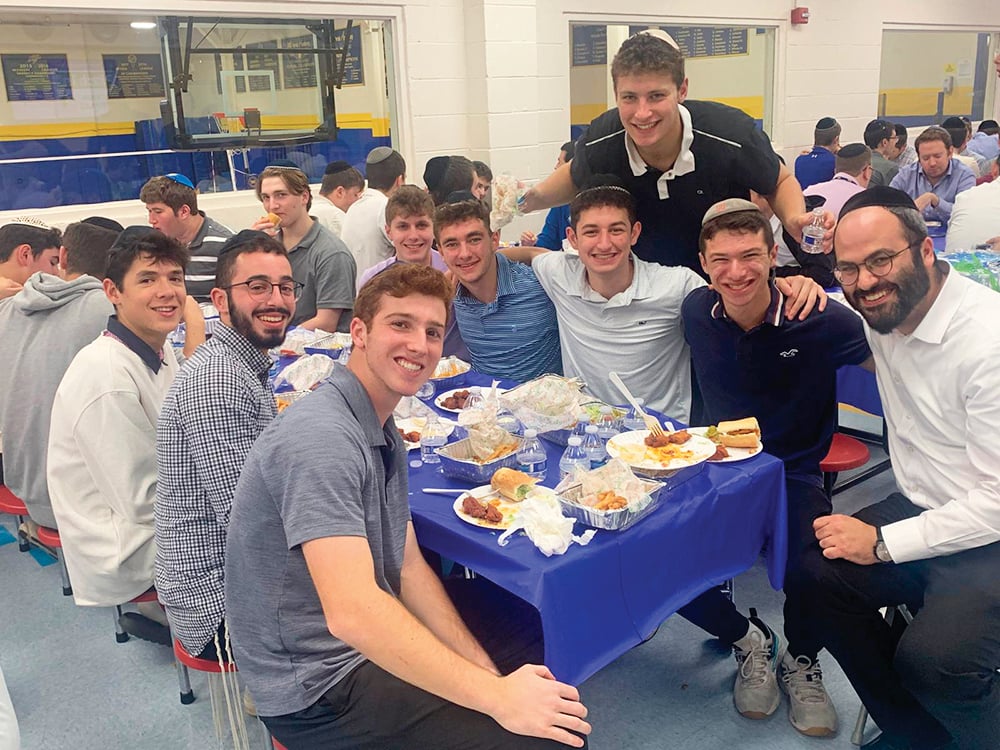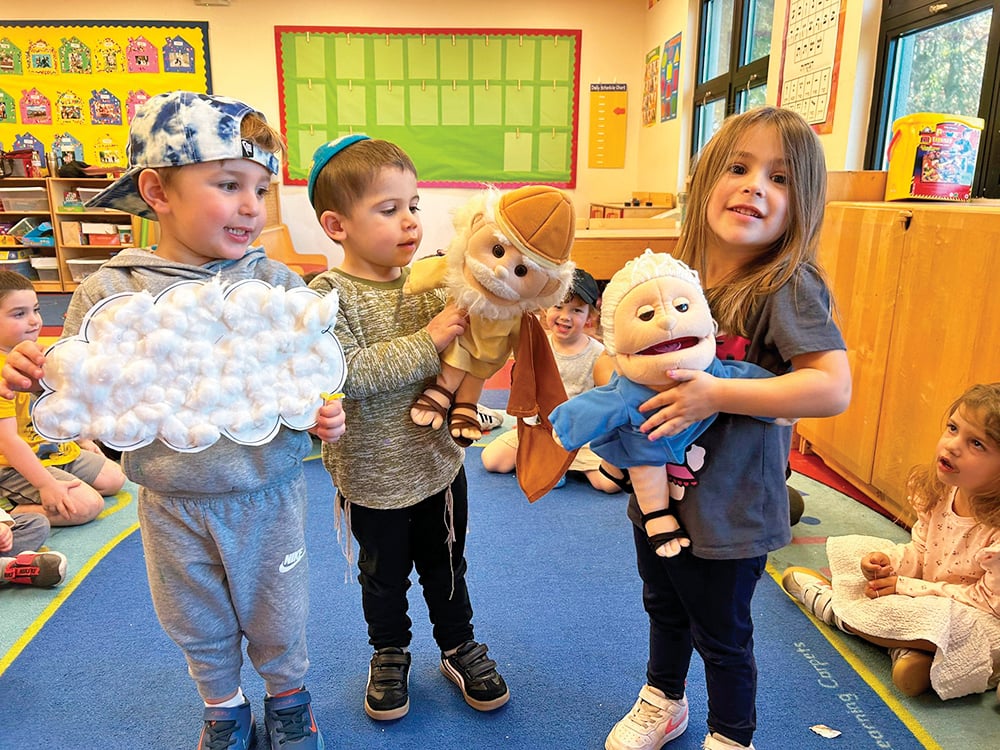
For those who have read our column even inconsistently, you are probably well aware that we are the parents of a severely handicapped daughter. When Naama was diagnosed by the neurologist that we saw in Montreal he did not bat an eyelash when explaining to us that Naama has spastic quadriplegia, was retarded and who knows whatever other words he used. None of the words that he used to describe our daughter disturbed us. What affected us greatly was that we were two very naïve 25-year-old parents who went to this physician with the idea that whatever was wrong with our child could be cured by giving her a 10-day dosage of amoxicillin or whatever else was generally prescribed by doctors to remedy whatever the ailment was that Naama suffered from. Prior to our visit it had never occurred to us that there was anything drastically wrong with her.
We have jumped many hurdles and reached many milestones since then, and really our family experience is not the point of this article. What we have found to be almost comical are the array of terms that have surfaced to describe anyone with a special need. Each person or organization, both individually and communally, find the need to find the perfect words to describe someone who is slow (nope, that is not a nice one), retarded (the worst of all), crippled (only refers to transit systems these days), deformed (only when it is a state of art), disjointed (only when it has to be with an opinion), etc. etc. We could go on and on. We know that everyone in this world is special. Or are they? Is there anything special about the terrorists who go into a kosher establishment in France and try to blow it up? Is there anything special about members of the white supremacist organizations?
Then again, we call our disabled children “special.” We think that most of us think that all of our children are special. In our case, in the form that things are being interpreted today, we have one special child and four not-so-special ones.
Oh, then again, today, hot off the press, we find that there is a reincarnation of the term “differently abled.” We actually checked into the history of that term and found that it began being thrown around in the early 1980s. Yes, it is true that each of our children is differently abled. One is more studious, one is more athletic, one is more community-oriented and oh, yes, one is so differently abled that she has chosen to spend her life in a wheelchair, needing constant care. That sure is differently abled.
We have also come across those who are “specially abled” due to malpractice of a physician. Really? How many of them are around?
Is it a cultural phenomena that we as a people hesitate to speak about the truth when it comes to health issues, children with issues relating to choice of partner, choice of sexual orientation, choice of not embarking in higher education but instead becoming a skilled worker, choice of not going to Israel, etc.? How sad it was that Nina’s mother could not tell her neighbors that her husband had cancer. It was more accepted to use the term heart disease. To this day we hear people say “very sick,” connoting an illness that is too difficult to enunciate. How many families are there in the community that will openly discuss with their friends their child’s decision to choose a partner of the same sex? Nope—we can’t talk about it. Instead it just festers inside our bodies. We remember a friend that literally stopped talking to us because she did not want us to know that her daughter was a lesbian. It was so uncomfortable for her to share even with her closest friends.
Yet, the paradox that disturbs us the most is the desire to alter the facts in describing our children who we were told were not normal at birth or who we slowly realized as they got older that they were not normal. There is nothing wrong with saying that a child is autistic. Nowadays, we find that everyone is “on the spectrum.” How long is that spectrum? Down syndrome is slightly more difficult to hide, yet for some, for as long as they can, they do try to hide it.
As promoters of total honesty in these situations, we wish we could help any family that has so much difficulty in saying those words “he’s _____.” If each person would try repeating the most dreaded words 10 times in front of a mirror they may realize that nothing happened to them nor will anything happen to their child. Whether they are spastic, retarded, crippled, delayed, disabled or differently abled, they are our beautiful children. By not accepting this fact we make it that much more complicated to live our lives to the fullest—by not allowing our very significant family members to be included in as much of our family and community life as possible.
By Rabbi Mordechai and Nina Glick
Rabbi Mordechai and Nina Glick are living in Bergenfield after many years of service to the Montreal Jewish community. Rabbi Glick was the rav of Congregation Ahavat Yisroel as well as a practicing clinical psychologist in private practice. He also taught at Champlain Regional College. The Glicks were frequent speakers at the OU marriage retreats. Nina coordinated all Yachad activities in Montreal and was a co/founder of Maison Shalom, a group home for young adults with special needs. They can be reached at [email protected].


